
Festivals, congresses and international conferences will once again bring journalists together to debate the profession’s biggest challenges. LatAm Journalism Review rounds up the key events — from Cartagena to Perugia and from Bogotá to Austin.

LJR’s annual list spotlights 10 projects that tracked criminal economies in the Amazon, exposed abuses against migrants, countered online scams and celebrated a rock icon’s legacy.

In this one-hour workshop, journalist Craig Silverman will show how to track social media, investigate websites, archive pages, verify videos and assess AI-generated content—all with practical, accessible tools.

Historian Andrew Paxman’s new book traces the evolution of Mexico’s critical press — from its emergence in the 1990s to the political, criminal and financial pressures that now threaten it.
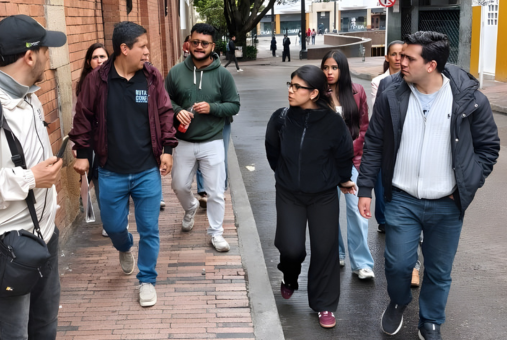
Rutas del Conflicto is taking its investigations beyond the screen, offering tours to create a niche audience, diversify its business model and promote historical memory.
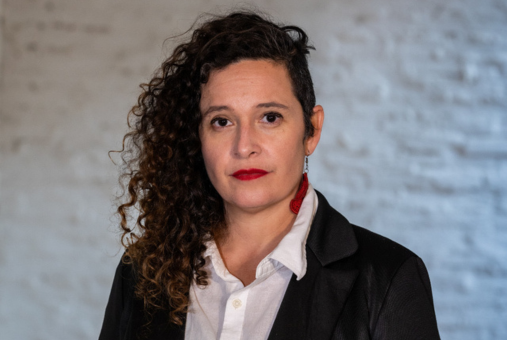
Viana is one of four journalists honored by Columbia University this year. She sees the award as a milestone for recognizing independent Brazilian journalism in a space historically occupied by major media outlets.
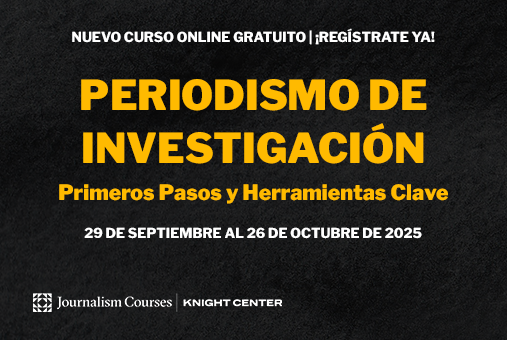
A new, free online course from the Knight Center teaches the fundamentals of investigative journalism, from building a work plan to protecting personal security. It starts Sept. 26 and is open to all skill levels.
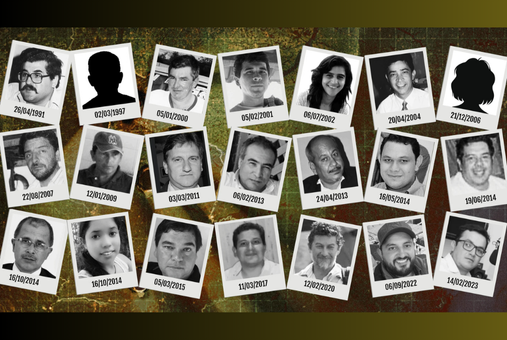
Corruption, infiltration of organized crime and negligence by authorities are constant in the murders of 19 journalists since 1991, according to Alianza Paraguay, a collaborative, cross-border project led by Forbidden Stories and OCCRP.
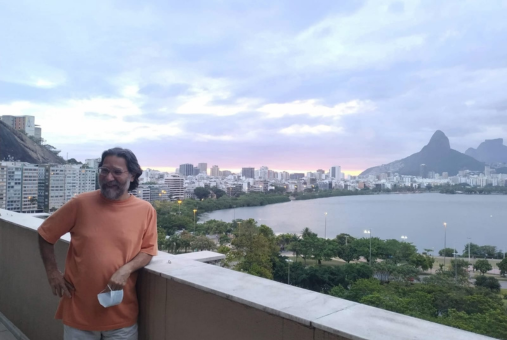
Beraba held top positions at Brazil’s four largest newspapers and co-founded the Brazilian Association of Investigative Journalism. Colleagues from across Latin America have eulogized him for his generosity, restlessness and rigor.

From identifying the type of study to detecting conflicts of interest and evaluating a journal's quality, science journalists from four Latin American countries recommend key best practices for addressing scientific topics with rigor and clarity.

Mongabay Latam combined tech with shoe-leather reporting to find and report on clandestine airstrips and violence against Indigenous communities in the jungle. Now, it’s bringing those findings to the stage.
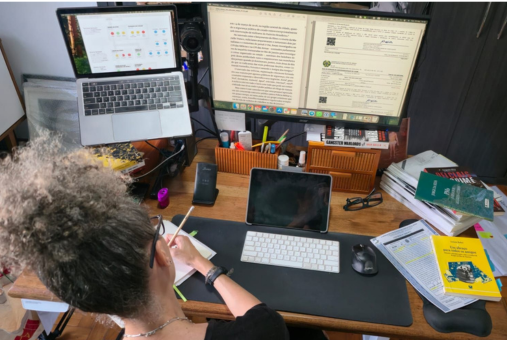
Cecília Olliveira, co-founder of Intercept Brasil, investigates how police officers become militiamen. In her new book, she reveals how these groups evolved into sprawling criminal empires with deep political connections.